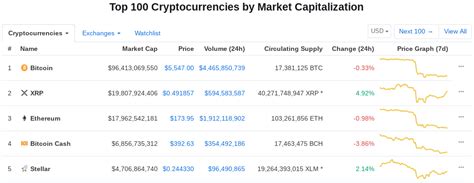وبلاگ
Ethereum: What increases a node’s banscore?
Understanding Banscore on Ethereum

The Ethereum network is constantly evolving, and one of its key metrics that affect a node’s performance and reputation is its “banscore”. In this article, we’ll delve into what increases a node’s banscore, the factors contributing to it, and whether sending bad transactions or using excessive bandwidth can harm a node.
What is Banscore?
Banscore, also known as “block reward halving,” refers to the decrease in the block reward that Ethereum miners receive for successfully validating each block. This change was implemented by the Ethereum network’s creator, Vitalik Buterin, and has been followed every 4 years since its inception. The purpose of this halving is to reduce the amount of new money circulating on the network while maintaining the security of transactions.
What increases a node’s banscore?
A node’s banscore can be influenced by several factors:
- Transaction volume: High transaction volumes can increase a node’s banscore as it becomes more likely to be flagged for high-risk activities.
- Block reward distribution: A node receiving low block rewards due to the recent halving may experience increased scrutiny from other nodes on the network.
- Network congestion:
Nodes that are already experiencing high traffic and congestion may have a higher banscore due to their reputation being perceived as less trustworthy.
What factors contribute to the banscore?
Several factors can contribute to a node’s banscore, including:
- Transaction count: The more transactions a node is involved in, the higher its banscore.
- Block reward distribution: A node receiving low block rewards may have a higher banscore due to concerns about its trustworthiness.
- Network congestion: High traffic and congestion can harm a node’s reputation, increasing its banscore.
Does sending bad transactions increase its banscore?
Sending malicious or suspicious transactions can indeed increase a node’s banscore. This is because such activities may be considered high-risk and could attract unwanted attention from other nodes on the network.
Does it use unnecessarily excessive bandwidth and increase its banscore?
Using too much bandwidth without a legitimate reason can also harm a node’s reputation, increasing its banscore. Nodes that consistently generate excess bandwidth or engage in suspicious activity are more likely to receive warnings or even bans.
In conclusion, maintaining a good reputation on the Ethereum network requires nodes to be mindful of their actions and behaviors. By understanding what contributes to a node’s banscore and making informed decisions, nodes can minimize their risk of attracting unwanted attention from other nodes on the network.



